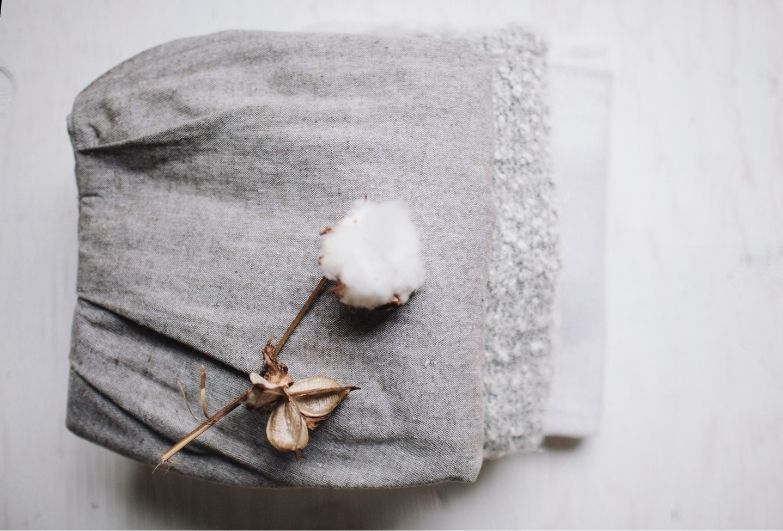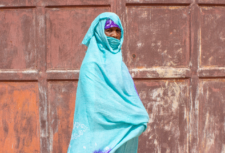Disclaimer: This article is more than 3 years old, and may not include the most up-to-date information or statistics. Please verify information with more recent sources as needed, and if you have any questions contact our Press Office.
Time is up. We, the Coalition to End Forced Labour in the Uyghur Region, call on all companies to urgently end all links to Uyghur forced labour.

The government of China is perpetrating mass human rights abuses against Uyghur and other Turkic and Muslim people in the Xinjiang Uyghur Autonomous Region (Uyghur Region) in Western China. These abuses include mass surveillance, arbitrary detention, rape, torture, political “re-education,” forced sterilisations, and forced labour. A minimum estimated 1 million to 1.8 million Uyghurs and other Turkic and Muslim people are held in mass arbitrary detention; Uyghurs are forced to work in factories in the Uyghur Region and across China that produce goods sold all over the world. The Uyghur Region is also a global hub for cotton growing and manufacturing, producing cotton and cotton products produced with forced labour from field to factory. Numerous other products are implicated, from solar panels to electronics. However, since up to 1 in 5 of all cotton products around the world may be tainted with Uyghur forced labour, the likelihood of links to fashion and home-furnishing industries is particularly high. Companies that want to be on the right side of history must take action today.
The past few months have seen growing momentum in the fight for Uyghur human rights. An authoritative legal opinion from prestigious barristers in the UK has concluded that the available evidence credibly establishes that crimes against humanity and the crime of genocide have been committed. In February, the Canadian Parliament passed a motion recognising that China’s treatment of Uyghurs amounts to genocide. And in January, the U.S. Department of State determined that atrocities against the Uyghurs constitute genocide and crimes against humanity. This determination followed a sweeping import ban on all cotton and tomato-product imports from the Uyghur Region, due to widespread forced labor in those supply chains. The U.S. Congress is considering a bill which would make all products produced in the Uyghur Region presumed to be tainted with forced labor and banned from import to the U.S.
Other governments around the world are also taking action. The UK and Canada have announced new measures warning companies of risks of complicity with Uyghur forced labor and the momentum is strong towards tougher enforceable measures. The EU Parliament has resoundingly called for an urgent response to Uyghur abuses. Australia is considering a bill to ban the import of goods made by Uyghur forced labour.
Government measures are necessary because leading fashion brands and retailers continue to source cotton and other goods from the Uyghur Region, and to work with suppliers propping up the forced labour system. Many brands and retailers claim they do not know where all their inputs come from or if they are profiting from forced labour – although to avoid complicity with abuses or falling afoul of the law, they must.
Under the UN Guiding Principles on Business and Human Rights, all companies are expected to conduct effective human rights due diligence to ensure that they are not causing, contributing or linked to human rights abuses, through their direct or indirect actions. Where human rights harms cannot be mitigated, prevented or ceased, steps need to be taken to end business relationships responsibly.
In July 2020, we launched a Call to Action outlining the urgent steps brands and retailers must take to end their complicity with the forced labour and other crimes against humanity in the Uyghur Region. With the backing of over 370 organisations around the world, from Uyghur groups to trade unions to investors, and the support of thousands of individuals who have written to Nike, Uniqlo and Zara, we are seeking brand commitments to cut all ties with suppliers implicated in forced labour and end all sourcing from the Uyghur Region to build the economic and political pressure on the Chinese government to end this extensive system of persecution and abuse.
While some brands, including ASOS, Marks & Spencer and Eileen Fisher, have demonstrated leadership and integrity by publicly committing to the requirements of the Call to Action, many fashion companies are dragging their feet. Instead of taking the necessary actions to extricate their supply chains from the Uyghur Region, companies such as Amazon, Nike, Uniqlo, Walmart and Zara – together with many industry associations and multi-stakeholder initiatives which purport to promote an ethical fashion industry – are making empty declarations or remaining silent on the issue of Uyghur forced labour.
Traditional due diligence and audit systems that companies rely on to be sure their supply chains are free from forced labour have failed. The only way companies can be sure they aren’t selling clothes and textiles made with forced labour in violation of the US import ban and similar measures in other countries – and to ensure that they are not extending complicity in crimes against humanity to their consumers – is to take the steps laid out in the Call to Action. Committing to these steps will show the world that these companies are taking every measure to ensure they don’t profit from the genocide and crimes against humanity happening before our eyes against the Uyghur people. The time for action is now.
This letter can also be found on the Coalition website.





